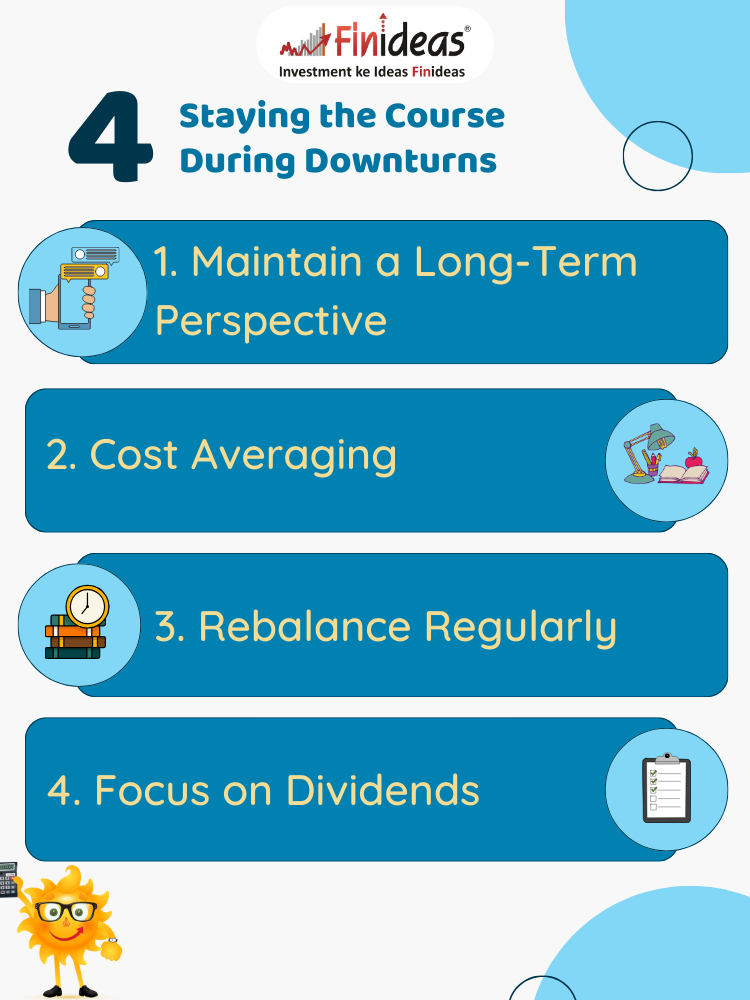Indexing Strategies for Market Downturns: Patience Amidst Volatility
In the unpredictable world of finance, market downturns are an inevitable part of the journey. While they can induce anxiety and panic among investors, they also present opportunities for those who are prepared and equipped with the right strategies. One such strategy that has gained traction over the years is indexing. In this blog, we’ll delve into indexing strategies tailored to weather market downturns, emphasizing the importance of patience amidst volatility.
What exactly indexing is?
Before diving into strategies, let’s grasp the essence of indexing. Indexing involves investing in a portfolio that mirrors the performance of a particular market index, such as the Nifty 50. Rather than attempting to beat the market through active trading, indexing aims to match the market’s performance over the long term. This passive approach offers several advantages, including lower fees, reduced turnover, and tax efficiency.
Staying the Course During Downturns
During market downturns, the value of investments may plummet, testing the resolve of even the most seasoned investors. However, adhering to indexing principles can help navigate through turbulent times:
Maintain a Long-Term Perspective:
Market downturns are temporary setbacks in the grand scheme of investing. By focusing on long-term goals and resisting the urge to make impulsive decisions, investors can ride out the volatility with confidence. If you are someone who is looking for a good long term investment product then you must know about Index Long Term Strategy.
Cost Averaging:
Instead of attempting to time the market, employ a dollar-cost averaging strategy. This involves consistently investing a fixed amount at regular intervals, regardless of market conditions. Over time, this approach can mitigate the impact of market fluctuations and potentially enhance returns.
Rebalance Regularly:
Market downturns can skew the allocation of assets in a portfolio. Periodically rebalancing ensures that the portfolio maintains its intended risk profile. Selling over performing assets and purchasing undervalued ones can capitalize on market inefficiencies and position the portfolio for future growth.
Focus on Dividends:
Dividend-paying index funds can provide a source of income during market downturns, cushioning the impact of capital losses. Reinvesting dividends can further amplify returns over time, leveraging the power of compounding.
Amidst market downturns, what additional strategies do you employ to stay resilient and maintain confidence in your investment approach?
In conclusion, indexing offers a steadfast approach to navigating market downturns, emphasizing patience and discipline over short-term fluctuations. By adhering to indexing principles and staying the course, investors can weather the storm and emerge stronger on the other side. Remember, in the words of legendary investor Warren Buffett, “The stock market is designed to transfer money from the active to the patient.”
Happy Investing!
This article is for education purpose only. Kindly consult with your financial advisor before doing any kind of investment.


